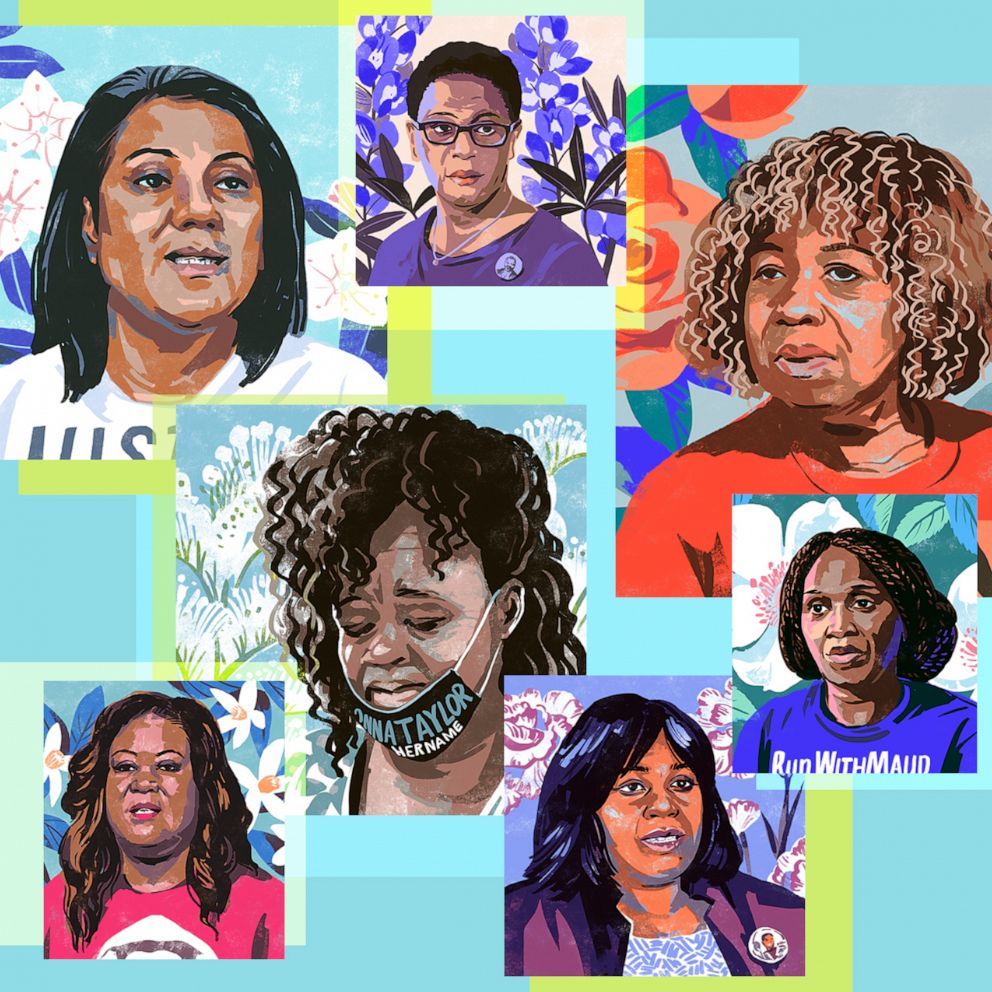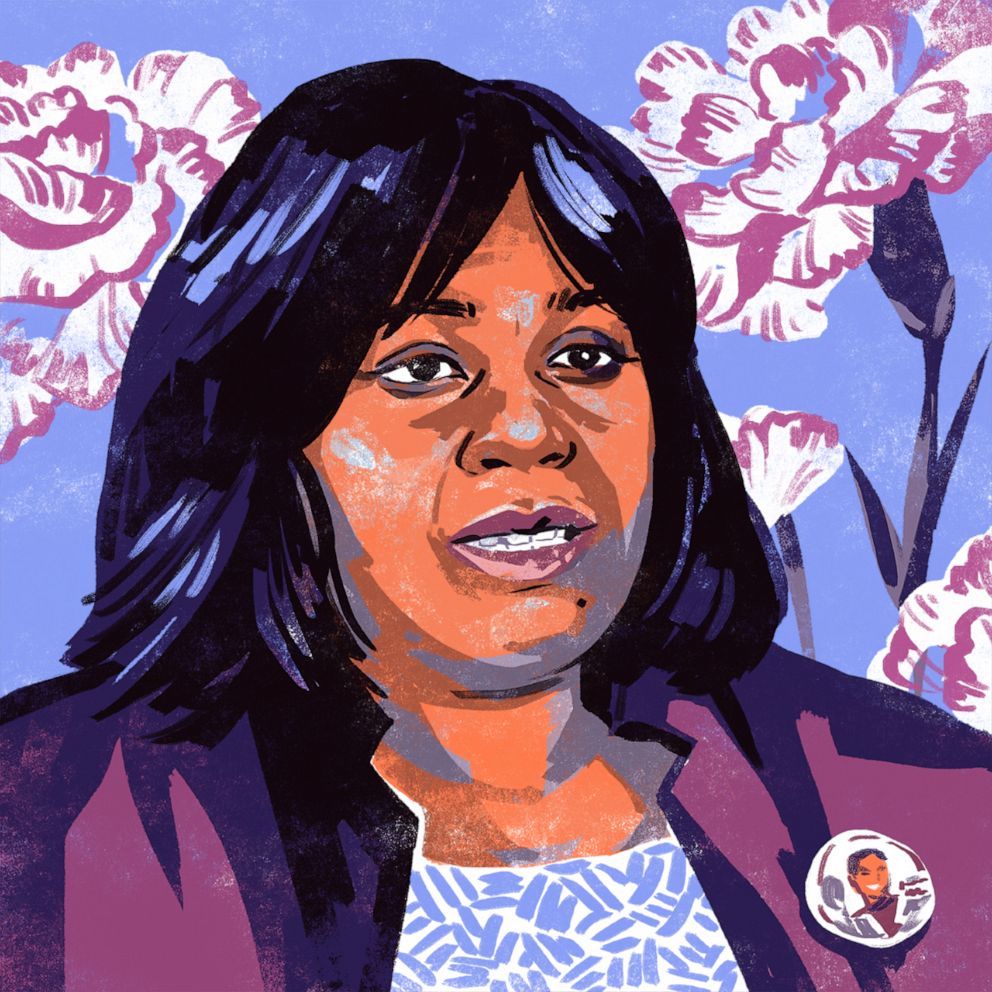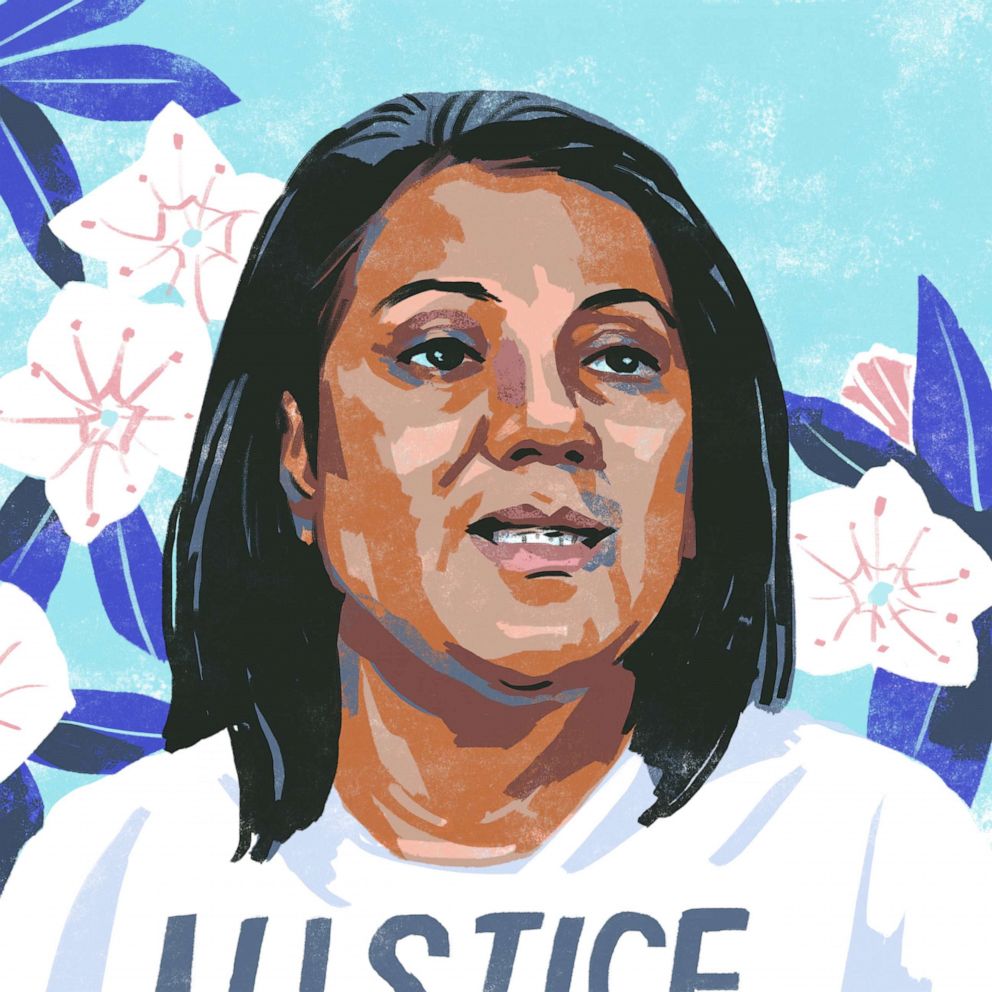Breonna Taylor’s mother recalls final moments with her late daughter, who was killed by police
"I'm now learning that I have a higher position in this fight," she said.
Breonna Taylor was a few weeks shy of 27 when Louisville Metro Police Department officers Myles Cosgrove and Brett Hankison, and Sgt. Jonathan Mattingly, burst into her apartment and fatally shot her.
In the early hours of March 13, 2020, the plainclothes officers executed a “no-knock” warrant as they searched for an alleged drug dealer, Jamarcus Glover, a former boyfriend of Taylor’s whom they claimed had used her address to receive packages.
Officers said that they knocked before using a battering ram to force open the door to the apartment Taylor shared with her boyfriend, Kenneth Walker, as the couple slept inside. Believing a home invasion was in process, Walker, a licensed gun owner with no criminal record, fired at the officers, striking Mattingly in the leg. Cosgrove, Hankison and Mattingly returned fire with more than 25 bullets -- some entering other apartments, including one with a 5-year-old child inside it. Taylor was struck at least eight times.
In the wake of the incident, the three police officers were placed on administrative reassignment pending an internal investigation. Last month, Hankison was fired.
On June 11, the Louisville, Kentucky Metro Council unanimously passed Breonna's Law, which outlaws "no-knock" warrants and stipulates a minimum amount of time a body camera must be activated before and after a search.
A civil suit filed against the officers on behalf of Taylor’s mother, Tamika Palmer, is ongoing.
Palmer, still reeling from the death of her daughter, was one of seven mothers who sat down with ABC News' Deborah Roberts for "Good Morning America" to share the stories of the children they lost and their journeys as Black mothers in America.
In her own words, she opens up about Taylor and the importance of joining the fight against police brutality.
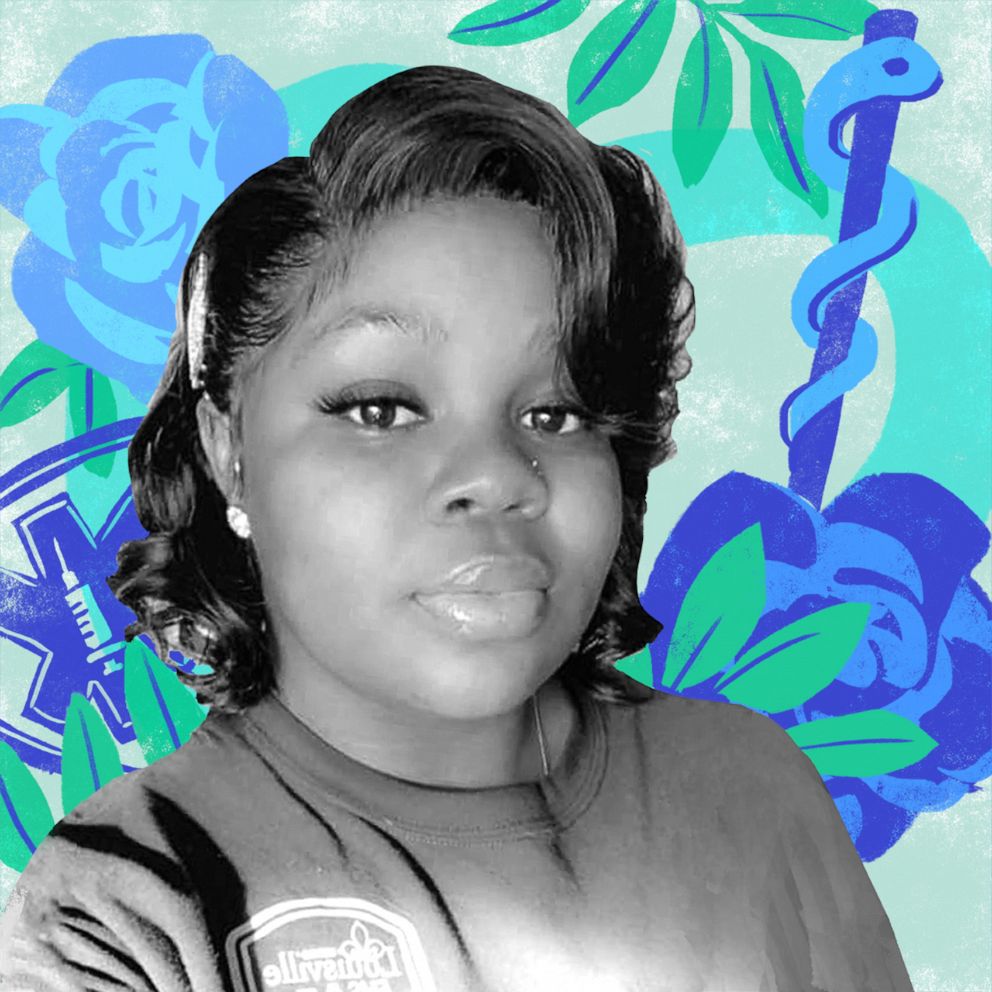
Breonna was an old soul. My parents would always say, “She’s been in this world before.” When she was 3 years old, she wanted to sing “Last Two Dollars,” a blues song, during karaoke. What 3-year-old do you know who wants to sing a blues song?
Growing up, Breonna was an all-around prima donna. She played basketball and cheered. She liked to dance and hang out with family and friends. She loved planning game nights.
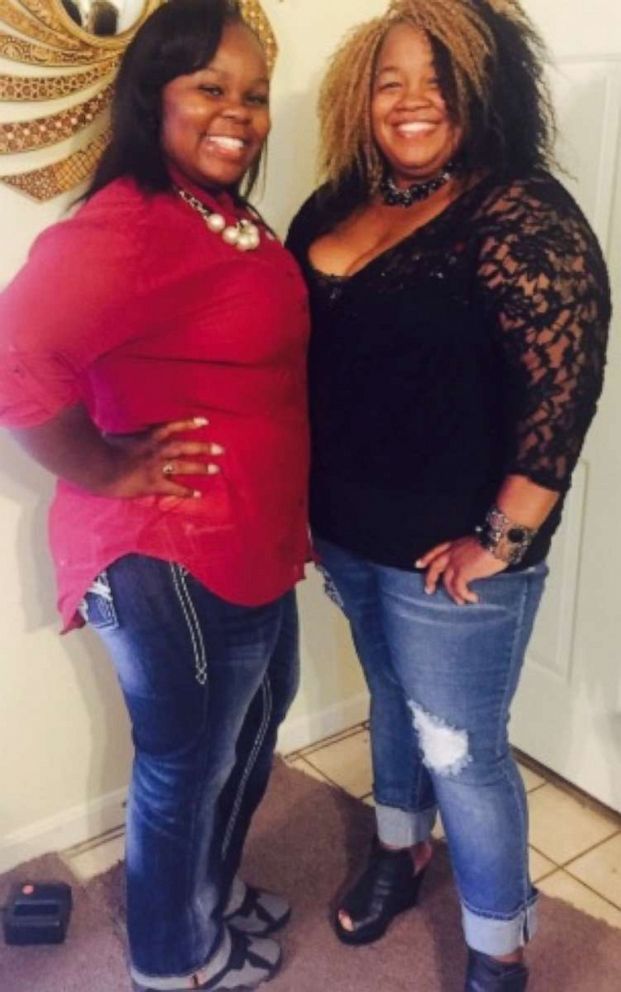
She was kind of bossy in a way that she wanted to plan everyone’s life. She got the nickname “Breewayy” because basically whatever Breonna wanted to do, that’s what was going to happen. She would always say to “Apply pressure, pressure makes pipes burst,” meaning, if you want something, you have to go get it.
Breonna enjoyed school through high school, [but] she had a difficult time being away from home when she went to college at University of Kentucky. [Eventually she] came home and enrolled in Jefferson Community and Technical College. She was working as an ER tech, [but] Breonna was going to be a NICU nurse. We would see each other, talk to each other, or FaceTime every day. Breonna would say that we were best friends.
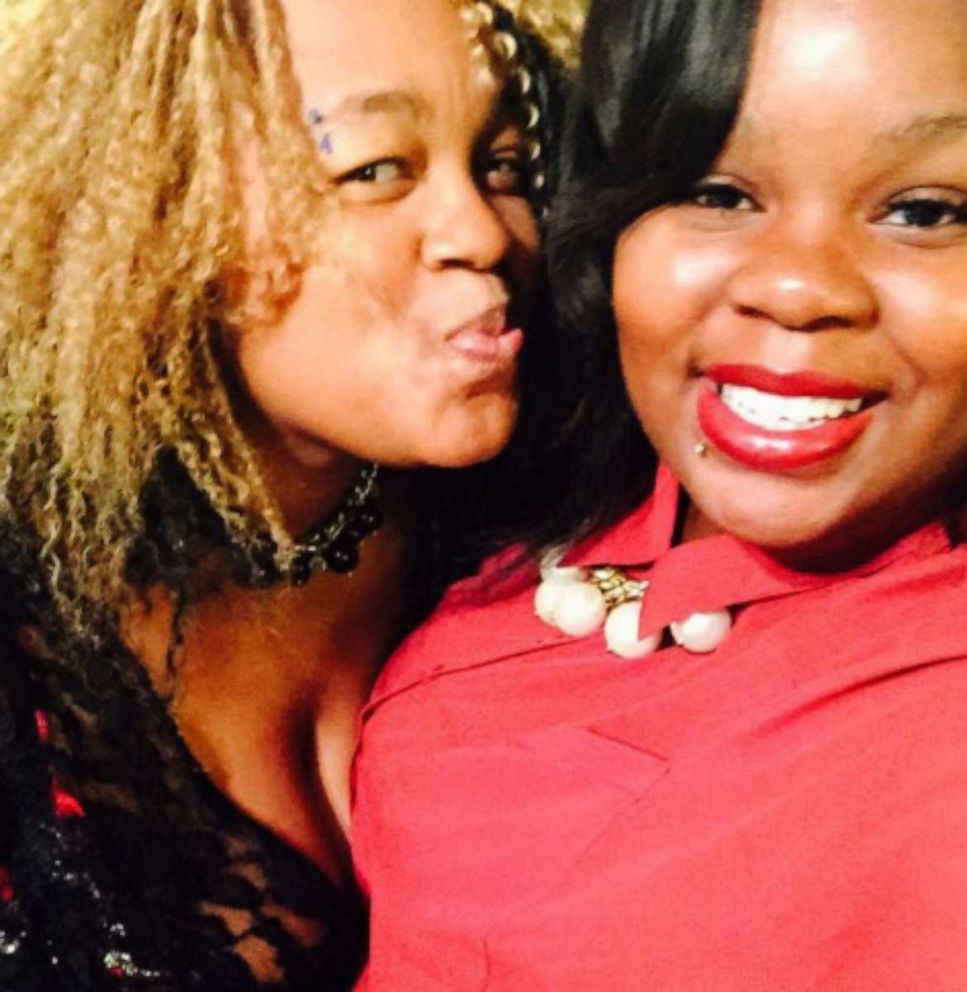
Hours before her death, Breonna came over to my house after getting off of work. We laid around, just kind of talking. She talked about having the best day that day, [and how she was] going out to dinner with her boyfriend and [then] going home to watch movies. I’m glad that I was able to share those last moments with her.
[When I learned that she’d been killed] I fell to the ground. I could not breathe. I couldn’t focus on anything. People were talking and I couldn’t hear them. I was angry and all I could see was red. [And then] for her birthday to come up so quickly after this incident was heartbreaking. I didn't want to be up out of bed. I didn't want to deal with people. But all these people who I don't even know came from everywhere to celebrate her life. So I had to get up and I had to talk and I had to be around these people. I’m grateful, I really am, but just that day, in that moment, I didn't want to be that person [because] she's not here. She wasn't here to enjoy it.
Their Painful Bond: Black Mothers Speak Out Together on Their Unimaginable Loss
It’s hard. I have so much anger inside; so much disbelief.
It’s hard. I have so much anger inside; so much disbelief for what happened to [my] child. To know she was in her house, in her own bed and someone kicked in her door and killed her [is crushing].
If Breonna were alive, I think she would also be a part of pushing for change to combat police brutality that is happening right now.
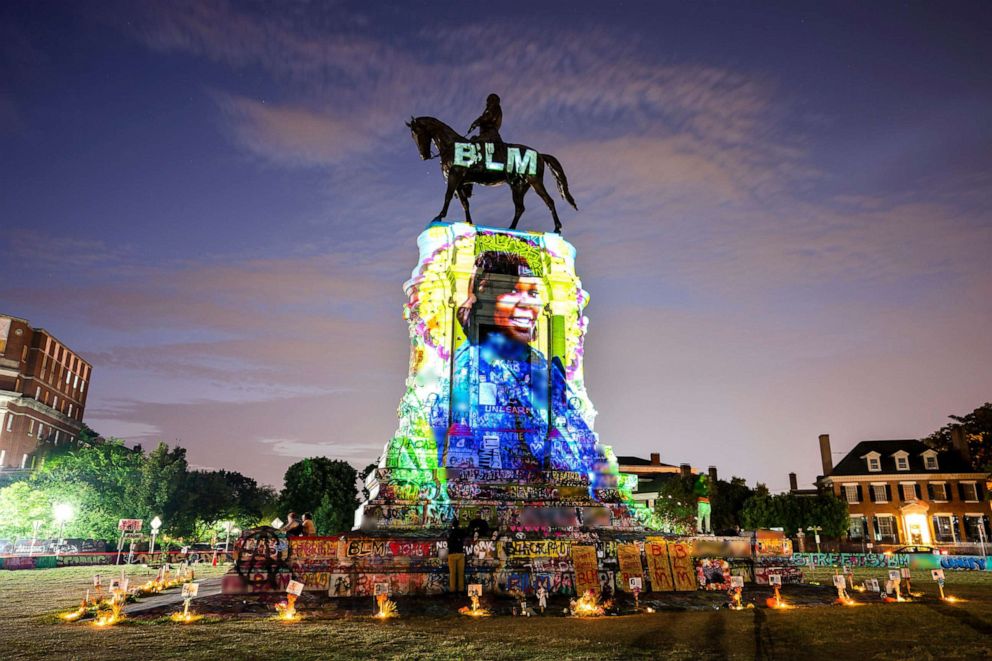
[The new law that was passed in her honor] gives me comfort for other families, but it doesn't give me any comfort for what happened to Breonna. Those [two employed police officers] are still being paid. [They’re] walking around as if they did nothing wrong. I'm definitely grateful that hopefully this doesn't happen to another family, but for me, it’s no comfort.
Her murder could have been avoidable. Breonna should still be here.
I have Black daughters, and sometimes I think that we don't think that it can happen to them. People don't hear these stories about these Black women.
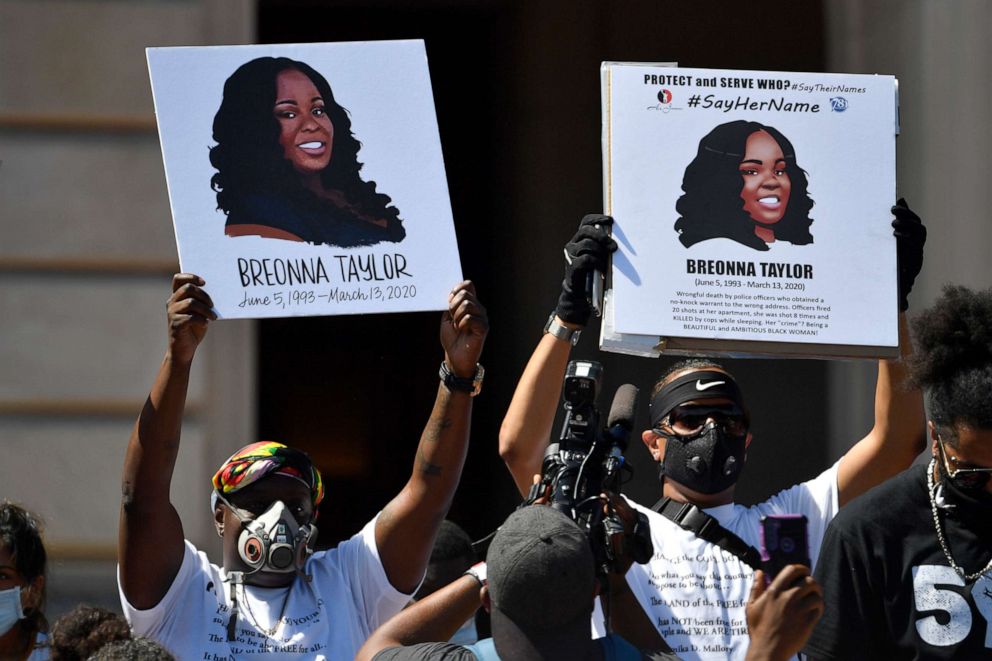
I don't think I ever really understood my position in this fight prior to what happened to my daughter. Of course, I always had opinions and I always was worried about what was happening to the Black community, but I have Black daughters, and sometimes I think that we don't think that it can happen to them. People don't hear these stories about these Black women. But I'm now learning that I have a higher position in this fight and, and whatever I have to do to remain in it is what I'm going to do, because it should never happen to another Black daughter, another Black person, period.
I'm new here, but I'm ready. I'm not leaving because I still have another daughter. And it cannot happen again.
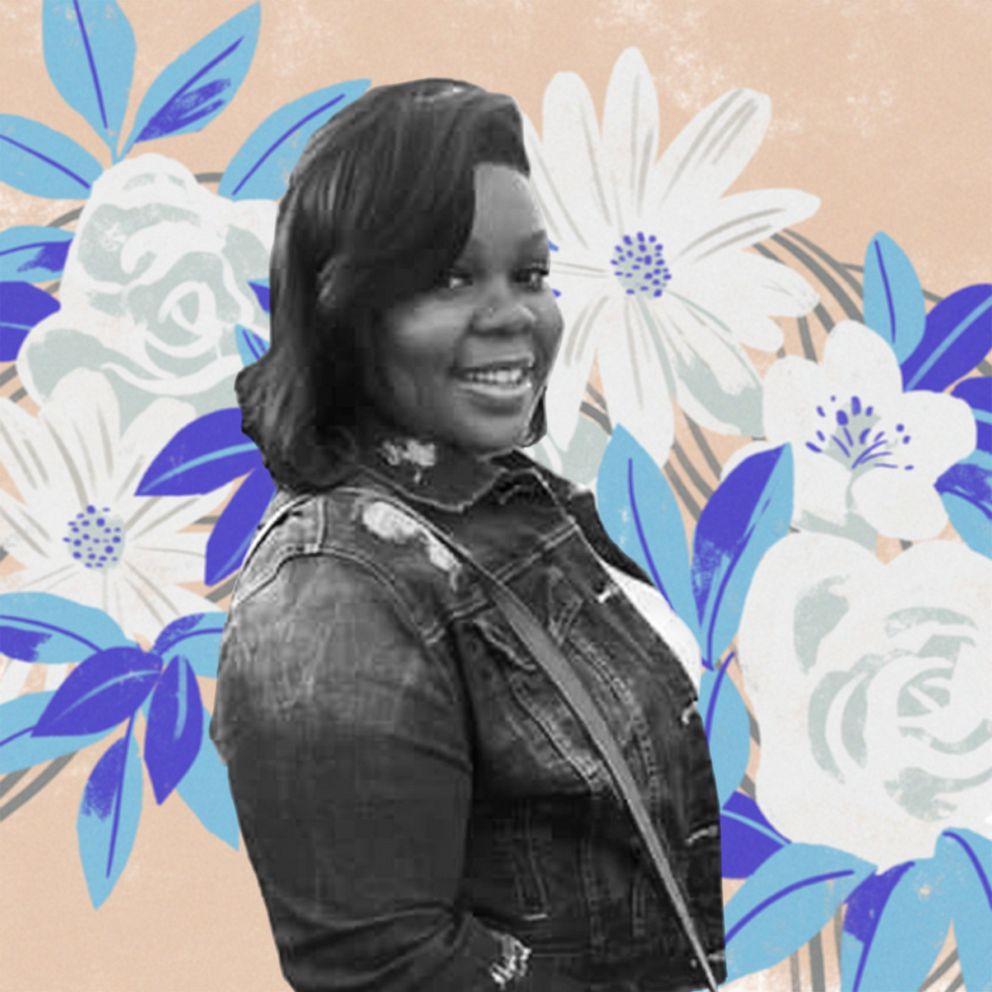
The views and opinions expressed in this column do not necessarily reflect the views of ABC News.
